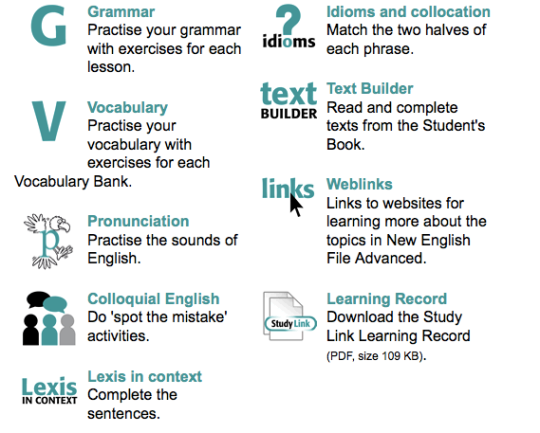This academic year I will teach English to upper-intermediate language learners.
I hope you find the new posts and resources useful for the level.
This is the coursebook we are going to use in class:
English File Upper-Intermediate 3rd Edition.
Oxford University Press. Student ́s book and Workbook.
ISBN 978-0-19-455874-7
Remember that you can also use the Internet to do some extra activities based on the textbook we are going to use.

At this stage of your learning process, it is very important for you to be an independent learner. So remember...
"Today is the start of a new adventure. New challenges to face, new memories to make, and new obstacles to overcome."




 EXERCISES
EXERCISES